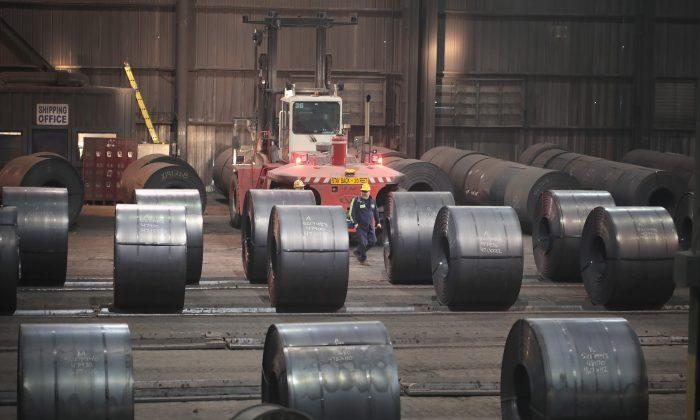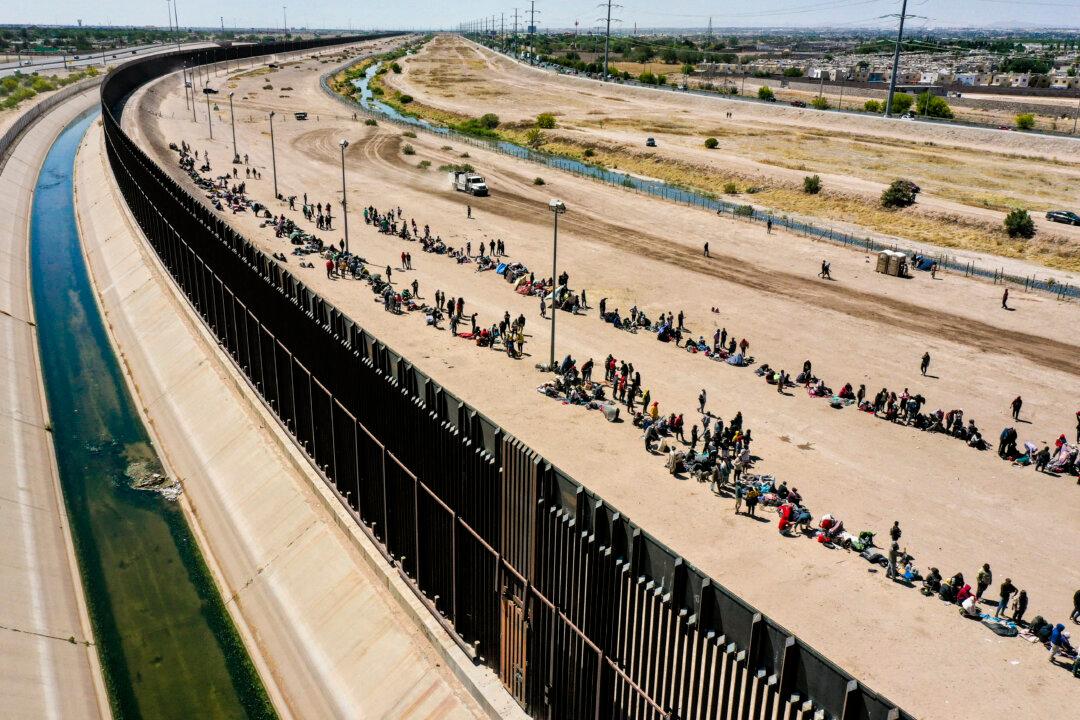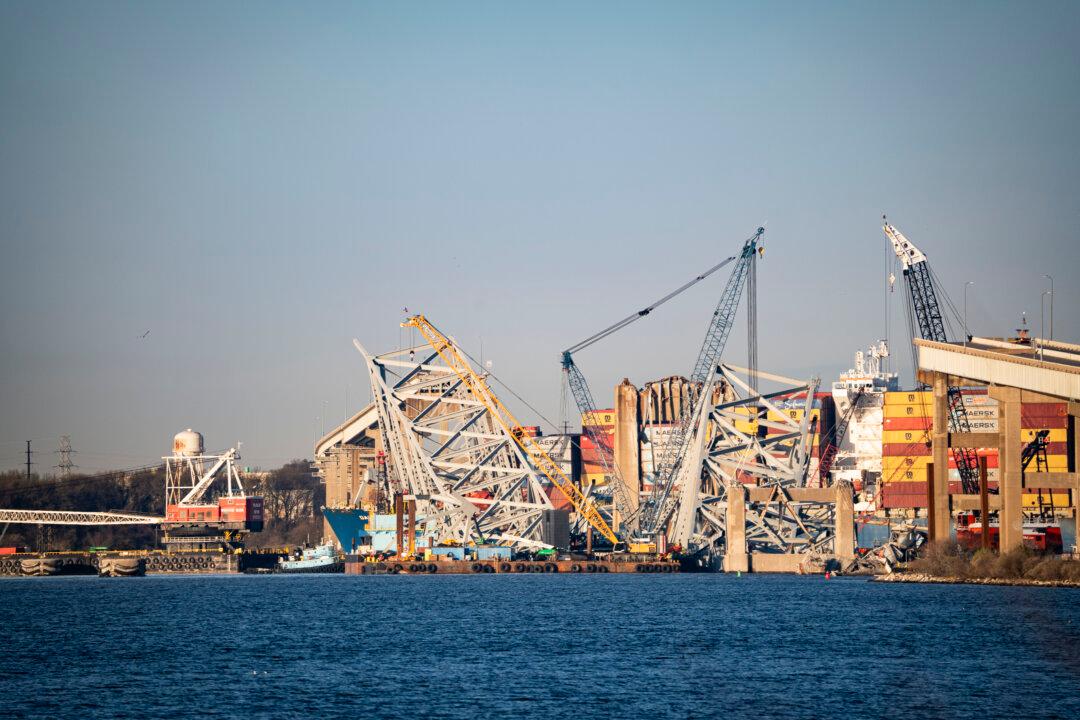The United States said on Dec. 9 that it “strongly rejects” the World Trade Organization’s (WTO) ruling against Trump-era steel and aluminum tariffs, vowing to keep the measures in place to preserve national security.
It said that the panel was “not persuaded” that the situation referred to by the United States to justify the tariffs constituted “an emergency in international relations.” The cases were brought by China, Norway, Switzerland, and Turkey.
The Biden administration strongly rejected the “flawed interpretation and conclusions” of the WTO panel and had no plans to remove the tariffs, said Assistant U.S. Trade Representative Adam Hodge.
The panel reports only reinforce the need for fundamental reform of the WTO dispute settlement system, Hodge said, adding that the WTO has no authority to “second-guess” how a member responds to issues that threaten its security.
“The WTO has proven ineffective at stopping severe and persistent non-market excess capacity from the PRC [People’s Republic of China] and others that is an existential threat to market-oriented steel and aluminum sectors and a threat to U.S. national security,” he stated.
“The WTO now suggests that the United States too must stand idly by. The United States will not cede decision-making over its essential security to WTO panels,” Hodge added.
Tariffs as Countermeasure
The U.S. Steel Manufacturers Association (SMA) supported the government’s refusal to accept the WTO ruling, citing the organization’s ineffectiveness in dealing with global excess steel capacity and market-distorting behavior.“Continuing the Trump era’s tough tariffs on China is Biden’s countermeasure against the Chinese regime,” he said.
U.S.-based current affairs commentator Nathan Su told NTD that the move was a decision based on maintaining fair trade principles.
“It’s mainly because, since it was allowed to join the World Trade Organization, China has been using unequal means in trading to develop its economy on the foundation of jeopardizing other countries’ [economies],” he said.






Friends Read Free